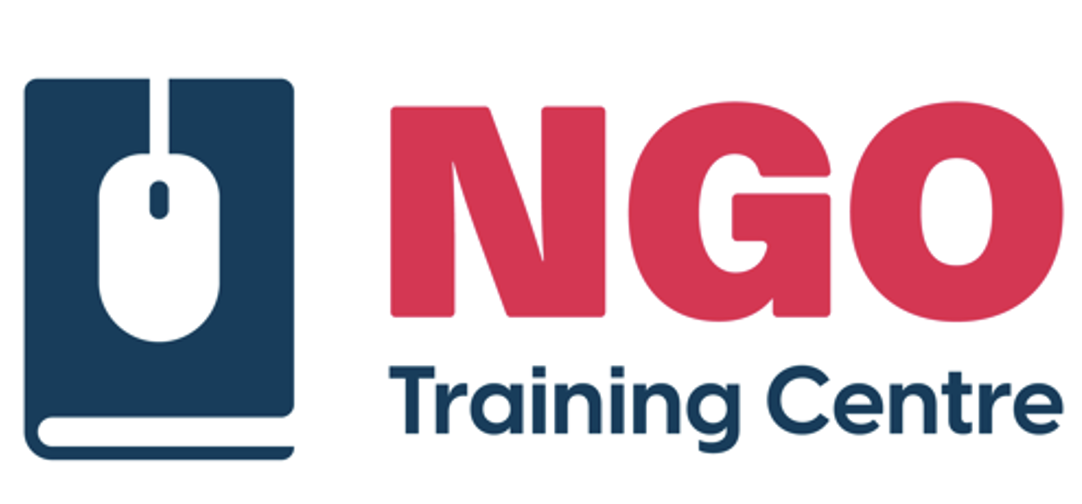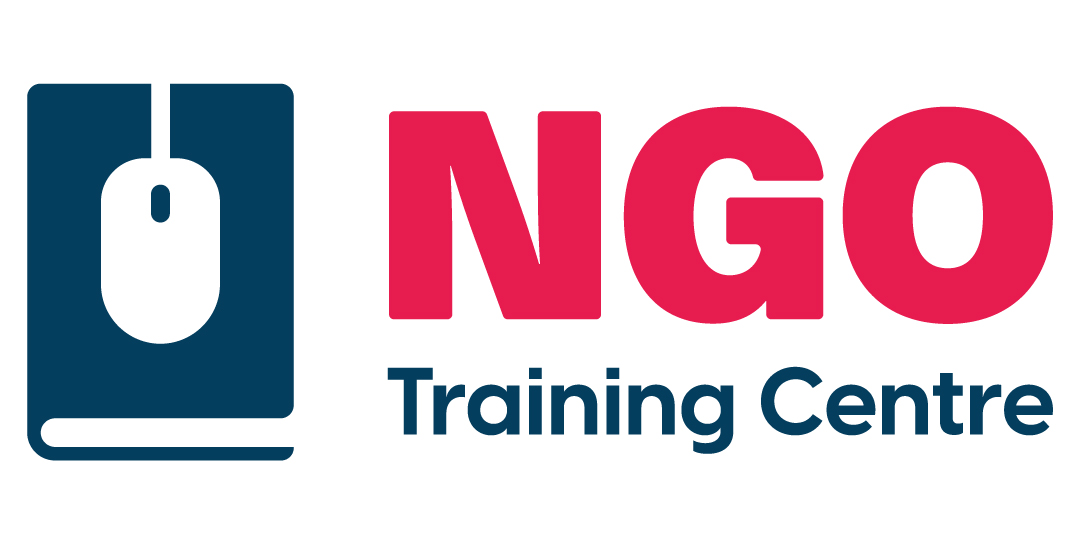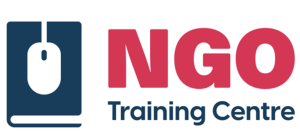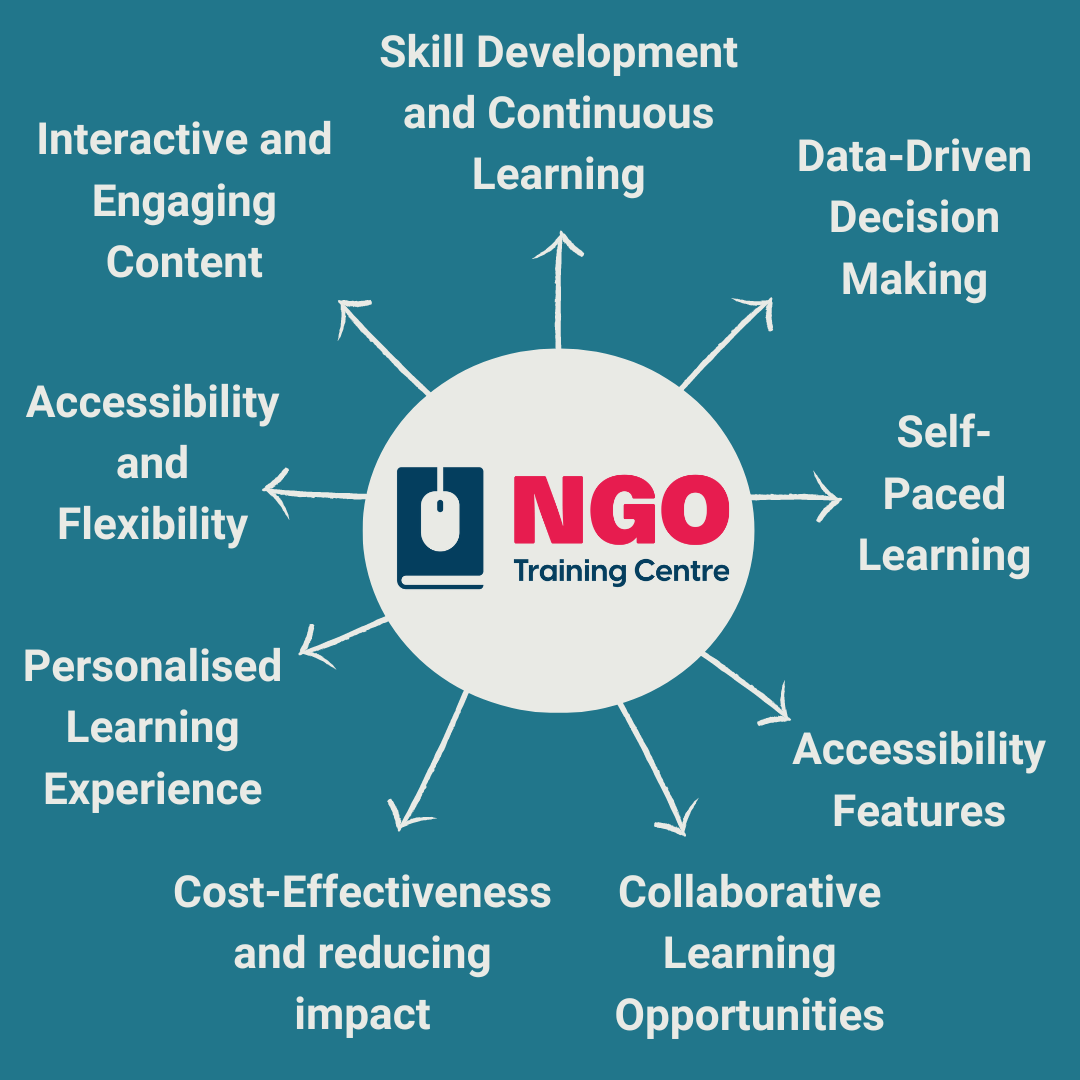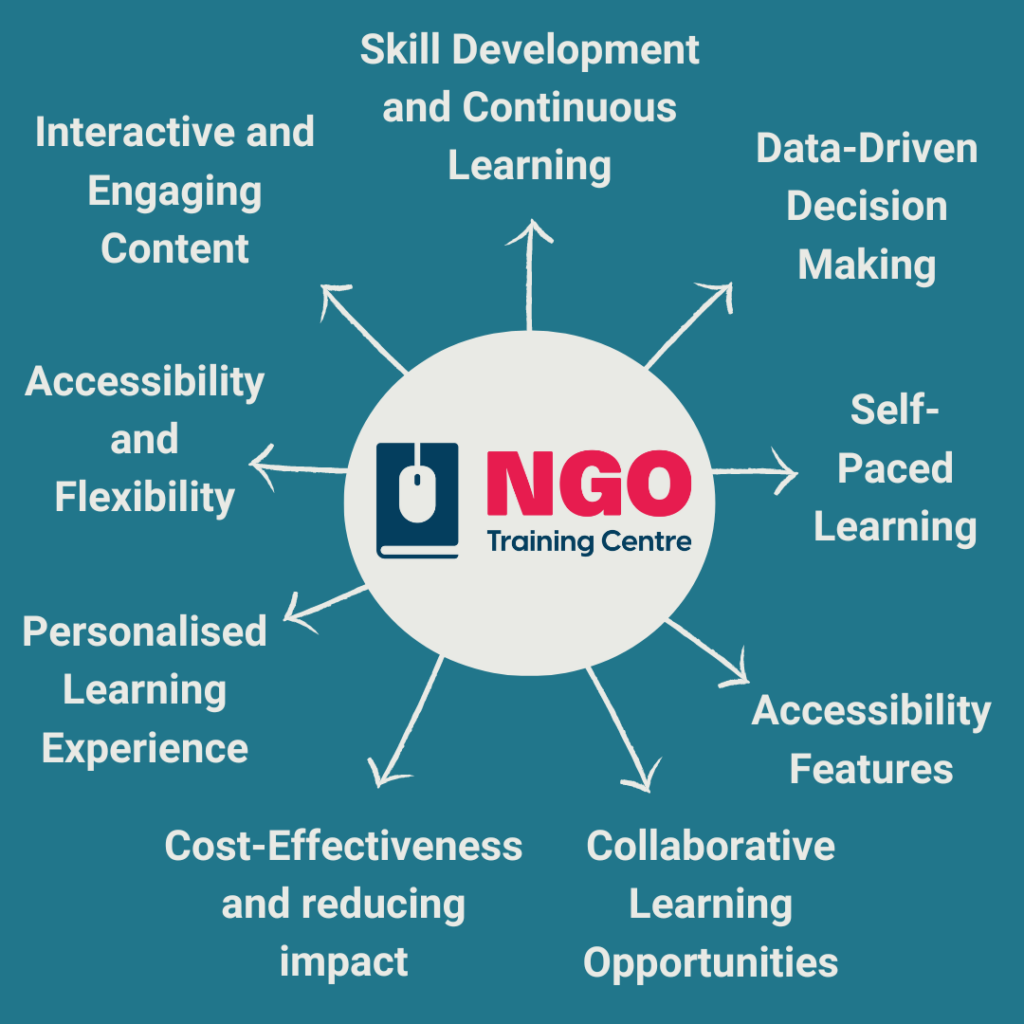
It’s our Core Value #5: WE ARE DISRUPTORS
‘We have the courage to disrupt an industry that has traditionally accepted the status quo. We are not afraid to do the things that have not been done before. We believe that we can shape a better future with and for you.’
If you’re contemplating investing in top-notch training and education for your staff, this article could just nudge you in the right direction- towards the best training in the Australian Disability Sector.
Research on the benefits of combining e-learning and micro-learning for disability support workers is an evolving field. While specific studies are limited, there are several benefits that I have found based on general findings in education, training, and technology-enhanced learning. These findings are further based on the feedback that we have received from our customers of the NGO Training Centre.
From our most recent user data collected from over 20,000 learners, the engagement rate is over 93%, the completion rate is over 90% and not only that, our learners are passing the certifications with a score of over 98%.
Now that is something that I know every organisation will want, every participant will benefit from and every auditor will celebrate.
So, why does it work so well?
I will take you through some of the reasons why.
- Accessibility and Flexibility:
E-learning and micro-learning platforms can offer flexibility in terms of timing, location, and pace of learning, making them more accessible to disability support workers who may have varying schedules or mobility constraints. NGO Training Centre offers its courses and learning platform also via an app, so learning can happen anywhere, at any time. If a course is half completed on an app and it needs to be finished off at the office- no worries- the progress is saved and it can be picked up again from any device.
- Personalised Learning Experience:
Micro-learning, with its bite-sized modules, allows for personalised learning experiences. Disability support workers and their organisations can focus on specific topics or skills that are relevant to their needs and interests, enhancing engagement and retention. Our courses run on average from 30 – 45 minutes and if they are any longer, they are broken down into different parts.
- Cost-Effectiveness and reducing environmental impact:
E-learning and micro-learning can be very cost-effective compared to traditional in-person training methods. Reduced travel expenses and the ability to reach a larger audience with online platforms can contribute to cost savings. It also contributes to less emissions that would normally be due to the use of vehicles for transport to and from training. Our current data states that our training has led to 289K fewer commute hours, $33M in training savings and -4.68GgCO2 on environmental impact. That’s pretty impressive!
- Skill Development and Continuous Learning:
E-learning and micro-learning facilitate continuous professional development by providing access to a wide range of training materials and resources. This enables disability support workers to acquire new skills, stay updated on best practices, and adapt to evolving needs in the field. We have hundreds of resources, checklists and templates to use in the field, making them practical and hands-on resources for everyday use.
- Interactive and Engaging Content:
All of our courses incorporate multimedia elements, interactive quizzes, and simulations, making learning more engaging and stimulating for disability support workers. Interactive features can enhance understanding and retention of key concepts. Gamification is used to keep users engaged, which includes badges, points and certificates to incentivise staff to keep learning. It doesn’t get boring!
- Self-Paced Learning:
Micro-learning allows disability support workers to learn at their own pace, enabling them to review material as needed and proceed to more advanced topics when ready. This self-paced approach can accommodate diverse learning styles, time limitations, languages and preferences.
- Accessibility Features:
Our courses incorporate accessibility features such as a written script, and the ability to slow down or speed up the course, ensuring that materials are accessible to disability support workers with disability, and for whom English is not their first language. It’s important to us to ensure we are inclusive and that everything that we do is aligned with our values.
- Data-Driven Decision Making:
Our learning platform collects data on learner progress and performance. Analysing this data can provide insights into the effectiveness of training programs, identify areas for improvement, and inform decision-making regarding future training initiatives. It’s a handy tool for management and leaders and it’s generated by the click of a button.
- Collaborative Learning Opportunities:
Organisations take it further and facilitate collaboration and communication among learners through discussion forums, group projects, or virtual classrooms. Collaborative learning opportunities can promote knowledge sharing and peer support among disability support workers. This allows flexibility and creativity with the delivery of the courses to ensure that training is geared towards its intended audience. You can be creative and find ways to incorporate learning into team activities.
As you can see, these are just some of the key benefits of E-Learning and Microlearning for organisations, their staff and ultimately the participants.
If you’re seeking unparalleled quality in staff training, your search stops with us.
At NGO Training Centre we offer tailored solutions designed exclusively for your needs.
Don’t settle for ordinary training when you can have the best.
Contact us today to schedule your free demo and take the first step towards unlocking your team’s full potential!
Remember, be DISRUPTIVE!
Written by Amanda Robinson, B.A., MMentalHealth Prac.
Amanda is a professional with over a decade of dedicated experience in the fields of Mental Health and Disability. Her extensive expertise lies in navigating the intricate landscape of the Disability Sector. She brings a unique perspective to her work, being both a person with lived experience of disability and a compassionate carer. She has a passion for advocacy, making her a staunch champion for the rights and well-being of individuals facing similar challenges.

